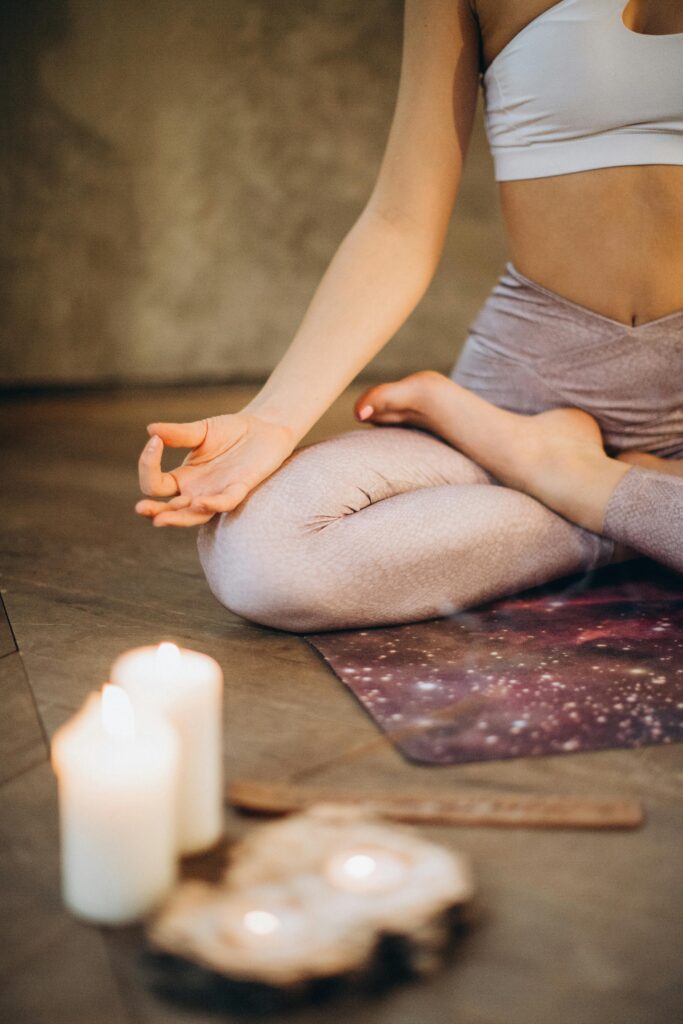
Meditation is a practice as old as humanity itself. The earliest recorded references come from India, but it is not the only source. Similar practices appear in many ancient civilizations, from Greece and Mesopotamia to China.
Many modern techniques, such as Zen and Mindfulness, have roots in Indian meditation, but other traditions developed independently. For example, meditation in Taoism existed before Buddhism arrived in China, while the Jewish Torah mentions meditation practices as ancient as the Upanishads of India.
The origins of meditation are lost in prehistory, as the earliest practices were transmitted orally and expressed in different ways, such as prayer, dance, silent observation, or deep concentration.
The Spread of Meditation
Buddhism played a crucial role in spreading meditation, offering a path to inner understanding through concentration, ethics, and wisdom. The Zen tradition, for example, emerged when Japanese monks brought Buddhist teachings from China in the 7th century.
In the West, meditation became known mainly through contact with Asian philosophies in the 19th century. However, it gained widespread popularity in the 20th century through teachers and researchers like Jon Kabat-Zinn, who developed MBSR (Mindfulness-Based Stress Reduction), a non-religious approach with a scientific foundation. Scientific research has shown that meditation helps reduce stress, improve concentration, and enhance emotional regulation.
What Is Meditation?
Meditation is not just a technique but an experience of being. It is a state of thoughtlessness, where one is fully aware yet calm and detached from the constant flow of the mind.
Although often associated with relaxation or concentration techniques, these are merely preparatory tools. True meditation is a state of clarity and deep presence in the moment. And this state can occur at any time—whether during a formal meditation session or simply while walking mindfully down the street.
In every culture, meditation naturally emerged as a human need to turn inward and better understand oneself. This timelessness proves that meditation is a universal human experience.
